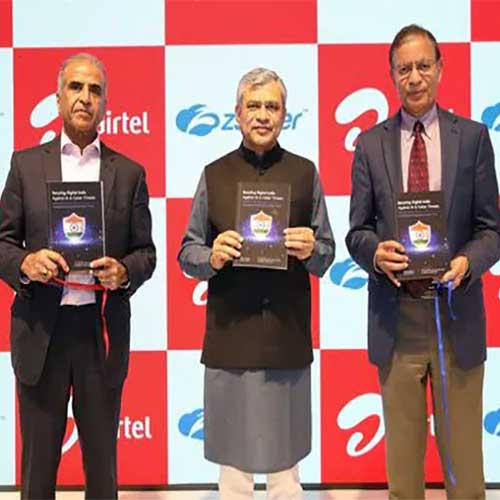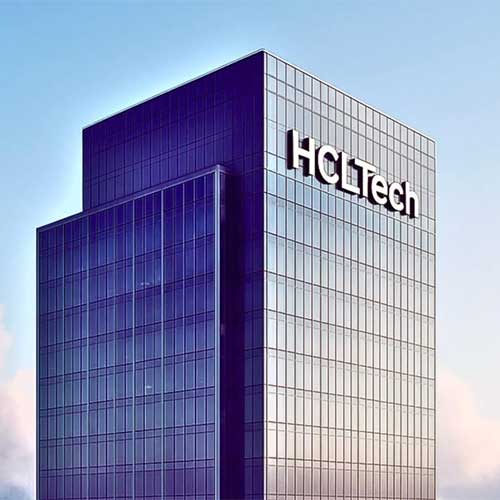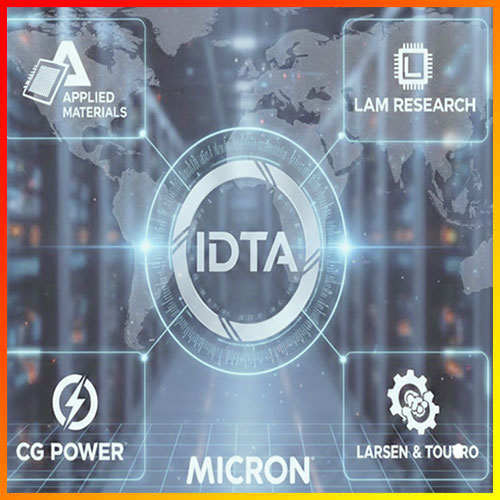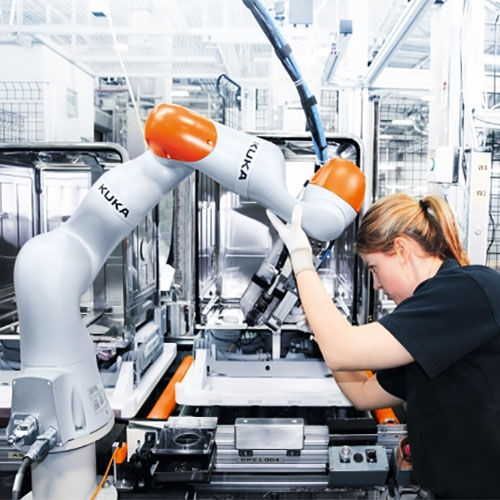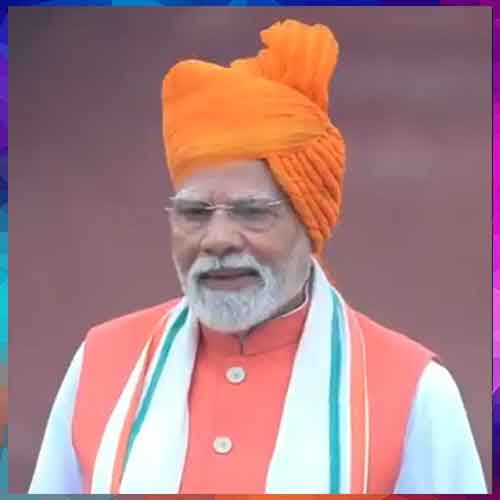
Modi highlighted the government’s mission-mode efforts to build a robust domestic semiconductor ecosystem and stressed the importance of critical minerals in driving this transformation.
In his Independence Day address from the Red Fort, Prime Minister Narendra Modi announced a game-changing development in India’s technology and manufacturing sector — Made-in-India semiconductor chips will hit the market by the end of this year. This historic milestone is set to boost India’s semiconductor industry, reduce dependence on imports, and accelerate the country’s vision of becoming a global semiconductor hub.
The Union Cabinet, chaired by PM Modi, has approved four new semiconductor manufacturing projects worth ₹4,600 crore under the India Semiconductor Mission. Of these, two units will be established in Odisha, one in Punjab, and another in Andhra Pradesh. These projects aim to build a self-reliant semiconductor ecosystem, crucial for powering everything from smartphones, laptops, and electric vehicles (EVs) to 5G, AI, and defense technologies.

Why Semiconductors Matter for India’s Future
Semiconductors, often called the “backbone of modern electronics,” are vital for digital transformation, AI innovation, cloud computing, and next-gen connectivity. Until now, India has relied heavily on imports, especially from countries like Taiwan, South Korea, and the U.S. By producing chips locally, India can:
● Strengthen digital sovereignty and reduce reliance on global supply chains.
● Create lakhs of high-skilled jobs in design, R&D, and chip fabrication.
● Attract global tech investments in manufacturing, research, and electronics.
● Support strategic sectors such as defense, space, and automotive.
India is gearing up for a transformative future with major economic and energy reforms. Prime Minister Narendra Modi also announced that India’s nuclear energy capacity will grow tenfold by 2047, with work already underway on 10 new nuclear reactors to power clean energy and support sustainable development. At the same time, the government will introduce next-generation GST reforms by Diwali, reducing tax rates on essential goods to bring down prices. These reforms aim to provide relief to MSMEs, local vendors, and consumers, while addressing compliance challenges. Together, these steps strengthen India’s journey toward self-reliance, clean energy, and economic growth.
In conclusion, India’s foray into semiconductor manufacturing, alongside ambitious reforms in nuclear energy and GST, signals a bold step toward technological and economic self-reliance. By producing chips locally, investing in clean energy, and easing tax burdens, the government is laying the foundation for a resilient, innovation-driven economy. This multi-pronged approach not only reduces dependence on imports but also creates jobs, attracts global investments, and strengthens critical industries. As these initiatives converge, India is poised to emerge as a global hub for technology, energy, an
See What’s Next in Tech With the Fast Forward Newsletter
Tweets From @varindiamag
Nothing to see here - yet
When they Tweet, their Tweets will show up here.






